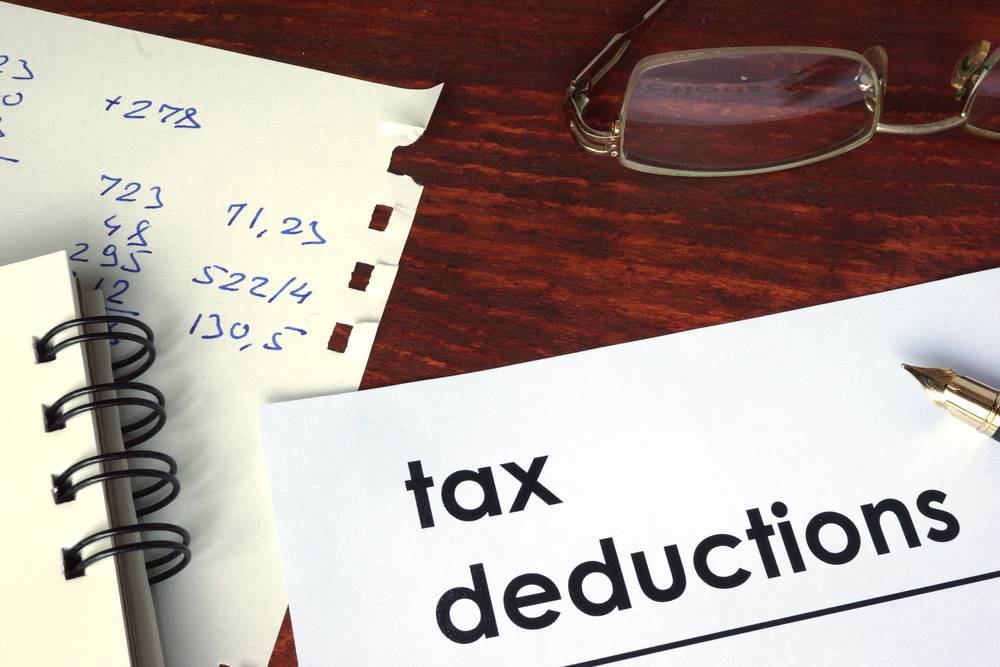 Last updated: August 29th, 2024 4:08 PM
Last updated: August 29th, 2024 4:08 PM
Section 40A(2) of Income Tax
Section 40A(2) of the Income Tax Act authorizes an Assessing Officer to disallow deductions on expenses. An income tax deduction may be prohibited under Section 40A(2) on the grounds of the expenditure being undervalued or unreasonable to the fair market value of the corresponding goods, services or facilities.Prohibiting Expenditure Incurred on Relatives
The following scenarios could lead to the disallowance of expenditure under this section:- The payment must be connected with an expenditure.
- The payment must be remitted to specific persons.
- The Assessing Officer finds the expenditure to be unreasonable and excessive with respect to the fair market value of the goods, services or facilities paid for, the benefits derived by or accruing to the assessee from the payment made or the legitimate business needs of the taxpayer’s business or profession.
Specified Person
Taxpayers who are recording the specified expenditures in the books of accounts should understand that certain payments made to specified persons are disallowed according to the Act. The following persons are considered to be specified with reference to this section:Individuals
Individuals may include relatives of individual such as a spouse, brother, sister, lineal ascendant or descendant of the individual like parents, grandparents, son, or daughter. Moreover, the provisions apply to a person in whose business or profession the individual or the relatives hold substantial interest.Company/Firm/HUF
The provisions may be enacted on the directors of the company, partners in a firm, members of HUF or Association of Persons (AOP), as well as to the family member, relative, partner or member of the director. Also, the provision applies to any person in whose business or profession, the director or a partner of the director, member or relative holds a substantial interest.Other Taxpayers
Other taxpayers qualifying for this provision includes individuals who hold substantial interest in the business or profession operated by the payer. Further, the provision extends to a company, firm, AOP/HUF, and their relatives holding a substantial interest in the business or profession operated by the payer.Explaining Substantial Interest
A person is considered to hold a substantial interest in a business or profession if the ‘specified person’ was the beneficial owner of shares in the previous year enjoying at-least 20% of the voting power in a given previous year. These shares should not have been entitled to a fixed rate of dividend, with or without a right to be involved in profits. In other cases, the person is deemed to be specified if the taxpayer is entitled to at least 20% of the profits of the business or profession in a given previous year. The relevant deductions on expenses under the Act shall be granted exclusively if the criterion of substantial interest stands satisfied.Popular Post

In the digital age, the convenience of accessing important documents online has become a necessity...

The Atalji Janasnehi Kendra Project that has been launched by the Government of Karnataka...

The Indian Divorce Act governs divorce among the Christian couples in India. Divorce...

When an individual has more than a single PAN card, it may lead to that person being heavily penalised, or worse,...

Employees Provident Fund (PF) is social security and savings scheme for employee in India. Employers engaged...


